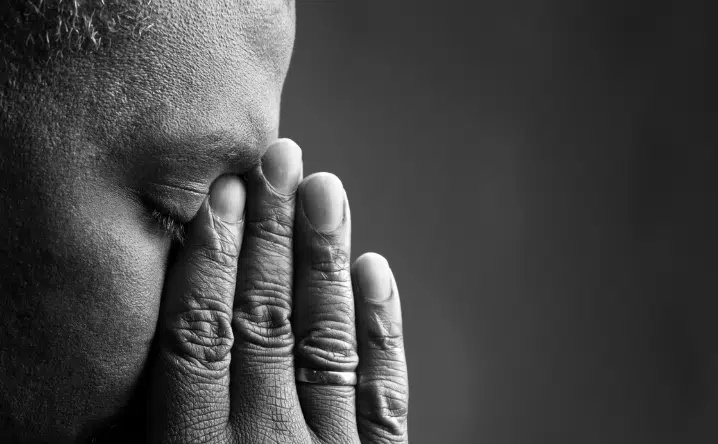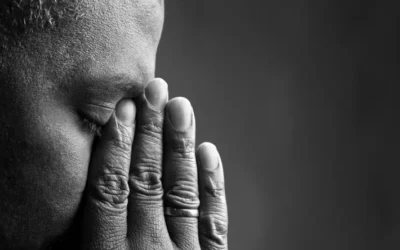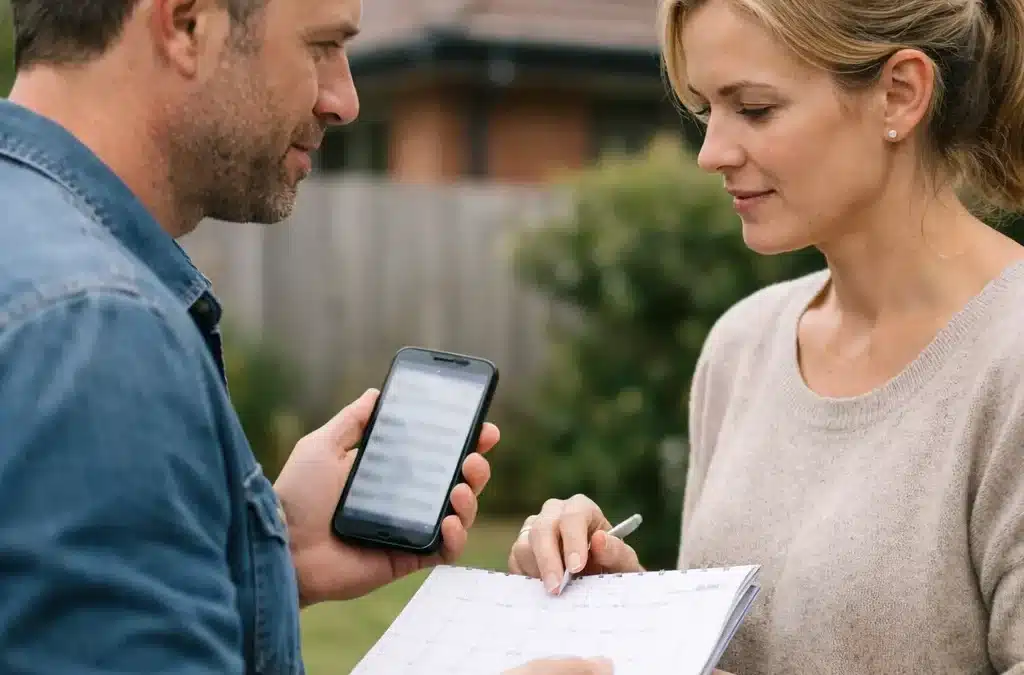Grief- it’s a universal experience that tests our mental health in ways we never could have imagined. If you’ve experienced the loss of a loved one yourself, you know how hard it can be to bounce back into living a normal life. We often lean on family or friends for support, and often they are vital to help us on the first steps to recovery. On the flip side, as a friend supporting someone grieving, it’s hard to know what to do or say. It can be hard to know whether to celebrate the life of the loved one or help them to move on in their own time. It is a long road, but here are 6 ways you can start to help someone through the grief process.
Ask and Listen
First and foremost, it’s important to get a gauge of how they are feeling about their loss. Instead of starting with “How are you?”, think of reframing the question into something like, “How are you feeling today?”. This turns the conversation away from a casual greeting, into an acknowledgement of their loss and the resulting impact on their mood and feeling. Allow the grieving person to express their feelings in whatever way they need.
Avoid giving advice or comparing it to your own experience.
It’s hard to know what to say to make them feel better. You might be tempted to put a positive spin on the situation or offer your own advice in order to make them feel better, but this may lead to doubt that you recognise the gravity of the situation. It’s often better to listen and let them know you recognise how great a loss this must be for them, and how painful the situation is.
Offer to help out
A grieving person will often feel unable to complete small, daily tasks and a great way to show your support is to offer to help out with anything they need. This may include cleaning the house, helping with grocery shopping, cooking some meals, going for a walk with them. Little things like this let them know they have people in their life that love and support them, and even if they refuse, it still lets them know you are here for them.
Be patient
Grief is a personal journey that differs for everyone. It may take weeks, months or years to fully move on from loss, so it’s vital that as a support person that you are patient. A grieving person may not know what will help them right now, so try to offer support in many different ways, and at different times. Don’t be pushy, but understand they may have changed their mind and are embarrassed to admit they need help.
Share memories you have of their loved one
Sharing stories and memories of their loved one will of course be bitter-sweet. In some ways, it is the best thing you can do for the grieving person. The two of you can smile and laugh and cry together, remembering the good and the humorous and the bad – because the person who died lived a whole life, and all of it has to be grieved. Your memories will add to the memories of the mourner, and she will see her beloved in a different light. That’s not bad at all. Celebrate who they were as a person and how much they meant to the people around them.
Don’t be scared to talk with your friend, or let her talk, as you keep the loved one alive.
Keep in touch
As mentioned, the grief process can vary for everyone, so make sure to keep in touch, even if it seems like they have moved on. Even months or years later, ask them how they are feeling about the situation now, and things they have reflected on. Always reiterate that they can open up to you, no matter how long it has been since they lost their loved one.
These tips provide a starting platform to help those you know who are grieving with guidance and support that they need. If you feel that your grieving friend may benefit from further counselling for dealing with the loss of a loved one, or if you notice that they are slipping into unhealthy behaviours towards a constant depressed state, then you should advise that they speak to a professional.
At Armchair Psychology we specialise in grief counselling. Our Clinical Director, Amanda Gordon, has an innate ability to translate psychological wisdom into practical life skills. Highly relatable, Amanda is experienced in helping people deal with the full range of life crises, including managing relationships, coping with grief and loss, dealing with stress and managing change. She works with individuals, couples and families, helping them enrich their lifestyle and their effectiveness in the world.
To get in touch, give our practice a call on (02) 9362 3490 or book an appointment online














